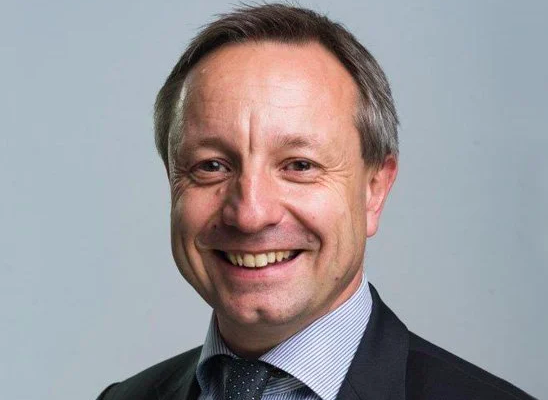Domestic retail tariffs capped under Ofgem’s tweaked regime look set to rocket to £2,800 per year only five months from now, the regulator’s boss Jonathan Brearley told shocked MPs this morning.
Ofgem’s director was appearing this lunchtime before the Commons’ select committee on energy. His prediction led to fears from observers that as many as 40% of UK households could be spending more than a tenth of income on dual fuel by the end of the year.
Brierley told the D-BEIS-shadowing committee that last year’s ‘once in a generation’ rise in gas prices had resulted in pressures on wholesale markets unseen since the oil crisis of the 1970s, with gas rising as to as much as ten times of normal levels after Russia’s invasion of Ukraine.
After October’s rise, the regulator was managing two further scenarios, its boss said. Either peace in Ukraine returned wholesale gas prices to normal levels, or alternatively further disruption pushed them still higher.
Over 30 suppliers have failed over the past year.
“It is clear to me and to the current Ofgem board”, Brearley told MPs ….”that, had financial controls been in place sooner, we would have likely seen fewer suppliers exit the market. For that, I on behalf of the Ofgem board, would like to apologise”.
Brearley said Ofgem’s report commissioned into the causes of failure indicated a strong need for reform of regulation.
Ofgem has also issued new guidelines on strengthened financial resilience of licensed suppliers .
Tighter principles of financial responsibility are the core to Ofgem’s new regime. If a supplier uses an asset to meet its obligations under FR to hedge prices for forward supply, it must either own this asset or have sufficient control over it. Higher capital requirements and curbs on varying hedging strategies are also mandated.
Brearley was flanked by the regulator’s director of analysis Simon Wilde and its director of decarbonisation & strategy Neil Kenward. Earlier Dermot Nolan, his predecessor as Ofgem boss, had agreed reforms are needed.
Hayden Wood, the womble
Secretary of State Kwasi Kwarteng and Daniel Osgood, D-BEIS’s director of energy security, markets and analysis were due to appear this afternoon before the committee.
The MPs met as new analysis from Cornwall Insight confirmed the average price of the cheapest ten fixed price tariffs in April was £3,685 a year, £1,714 more than the current Default Tariff Cap.
Cornwall’s research looked at deals for new direct debit customers. It confirmed that, despite April’s £693 increase in the cap, suppliers’ standard variable tariffs continue to be the cheapest tariffs available to customers.
On the Conservatives’ impending, heavily flagged reverse-ferret on a windfall tax for energy suppliers, Whitehall Kremlinologists observed that chancellor Rishi Sunak is thinking of including power suppliers alongside North Sea oil and gas companies in the one-off scoop.
The speculation followed a story in today’s Financial Times that Sunak has instructed Treasury officials to investigate including electricity suppliers in the one-off scoop. The FT reported such a widening would push the proceeds of any tax as high as £10 billion, five times as much than the £2 billion of Labour’s intended action against oil companies.
Continuing outrage surrounds the administration of broken Bulb, amid reports its co-founder Hayden Wood is still retained as a consultant on his continuing salary of £250,000 by administrator Teneo.
Bulb, the largest of the failed suppliers with 1.7 million customers, crashed in November year. Premier Alexander Johnson had opened its enlarged London offices last summer. Four months the concern was in administration.




